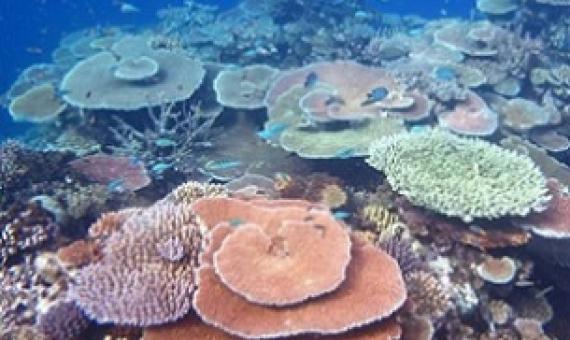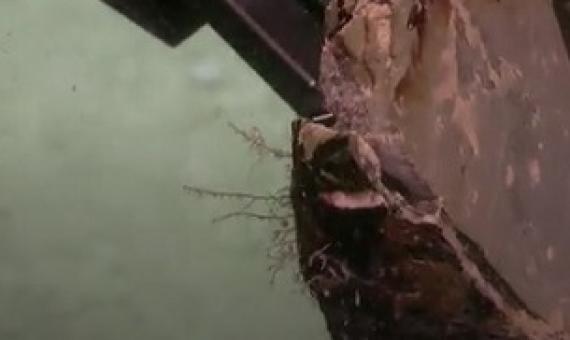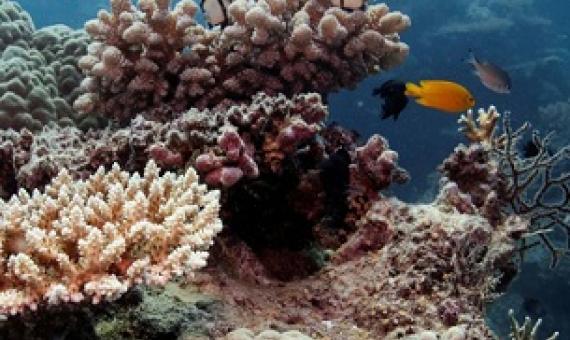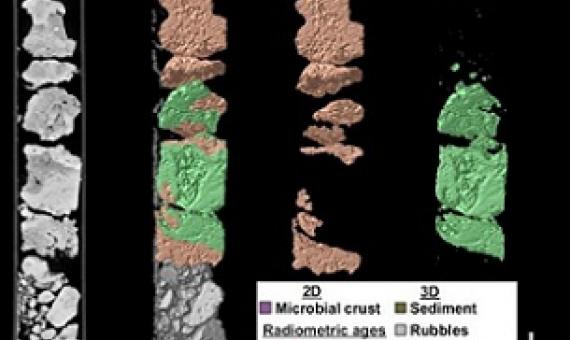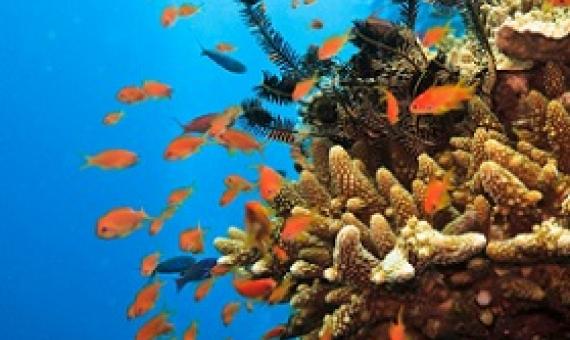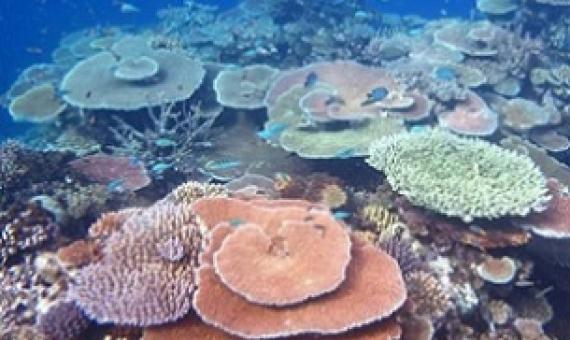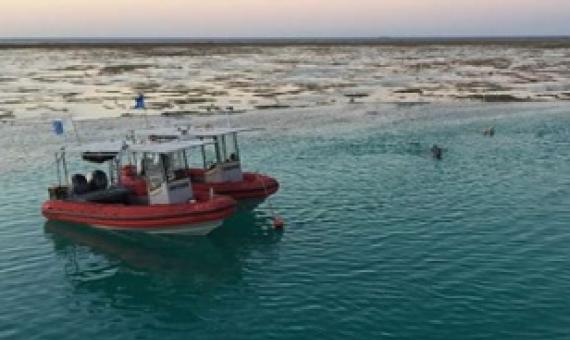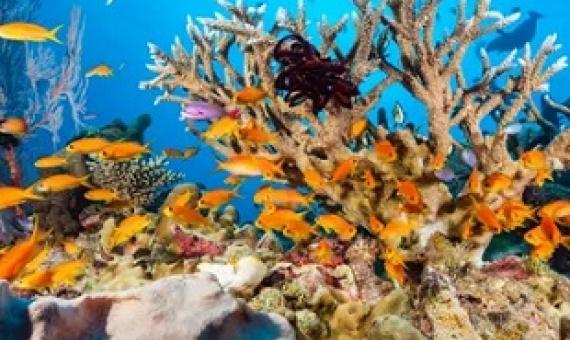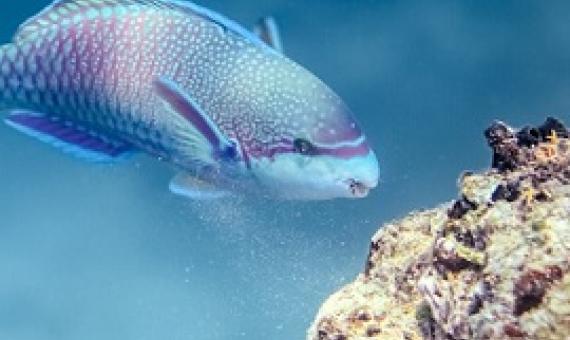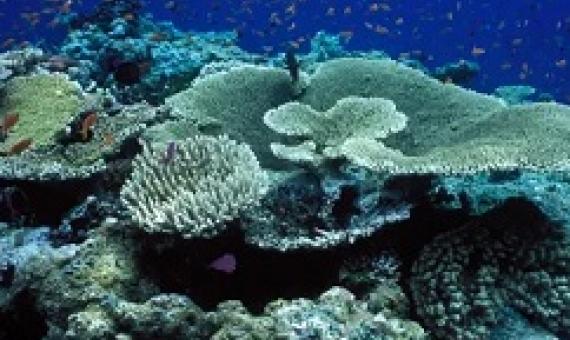Our new study examined the traditional ideas of coral species and their evolutionary relationships using “phylogenomics” – comparing thousands of DNA sequences across coral species. Our results revealed the diversity and distributions of corals are vastly different to what we previ
For the first time, scientists have viewed the deepest regions of the Great Barrier Reef Marine Park, discovered five un-described species consisting of black corals and sponges, and recorded Australia's first observation of an extremely rare fish.
Under-regulated fishing along the Great Barrier Reef is putting the world’s biggest coral reef system at further risk as it deals with repeated mass bleaching events, the Australia government’s marine park authority has found.
The scaffolds that help hold together the world's tropical reefs are at risk from acidification due to increased carbon dioxide in the world's oceans, according to geoscientists at the University of Sydney.
In 2018, following two years of unprecedented mass coral-bleaching across Australia’s Great Barrier Reef, I travelled to Queensland to talk to experts about how tourism is both helping and hindering conservation efforts there and what we can all do to help preserve the world’s largest coral reef
The world's most famous coral reef is showing signs of recovery...A new report by The Australian Institute of Marine Sciences (AIMS) has shown that coral is starting to grow back in some areas of the reef despite being hit by mass coral-bleaching, cyclones and crown-of-thorns starfish.
A world-first study examining the scales of management of the Great Barrier Reef has the potential to help sustain other ecosystems across the world...The new study suggests the way people are managed when undertaking various activities within the marine park—like fishing, boating, and scien
A government-backed research program to make the Great Barrier Reef more resilient to global heating will spend $4.7m this financial year developing technologies that could shade corals and make clouds more reflective during marine heatwaves.
A new study finds that large, herbivorous fish species, such as parrotfish, surgeonfish and rabbitfish, benefit from coral reef demise due to an increase of a food source, algal turf.
Science Times reported on April that the Great Barrier Reef underwent its third major bleaching event in the last five years. The reef has experienced a back-to-back coral bleaching in 2016 and 2017 that killed almost half the reef's corals.

